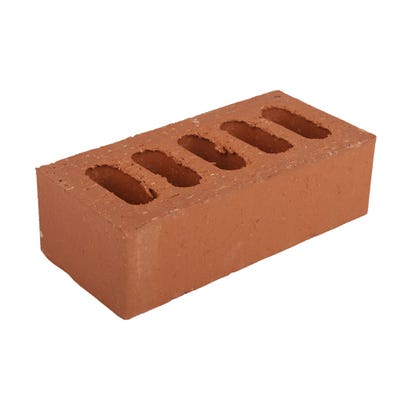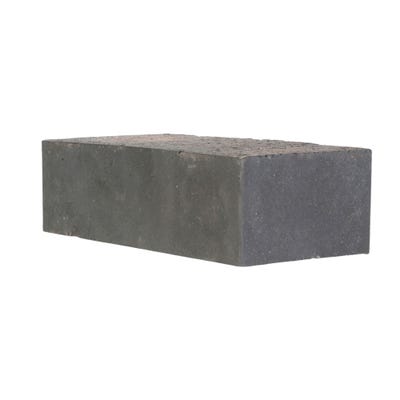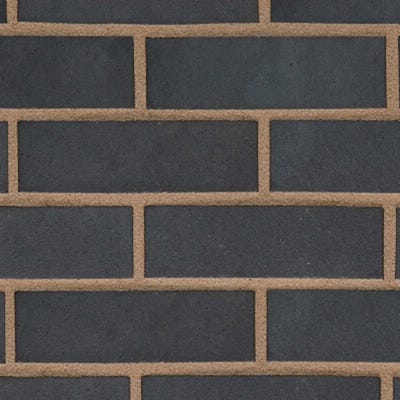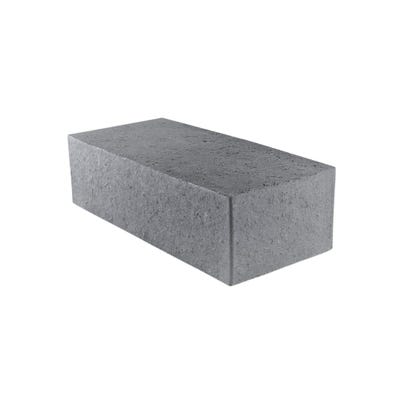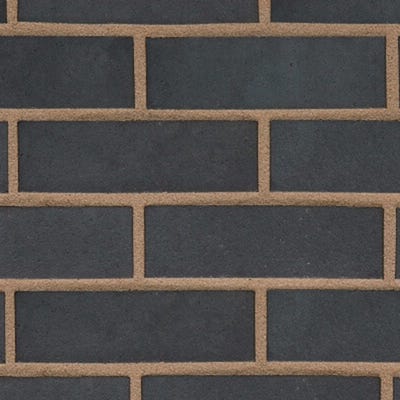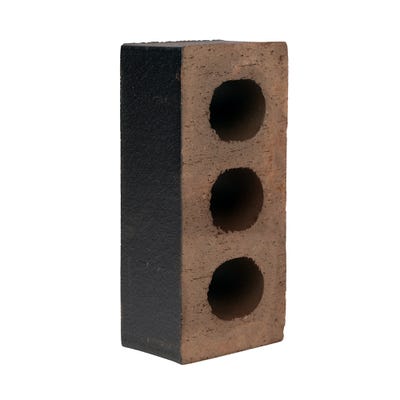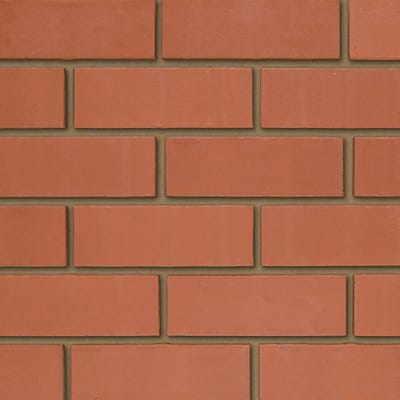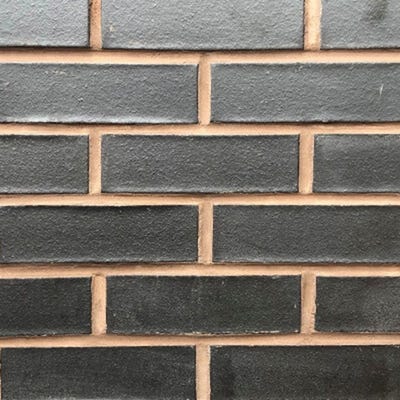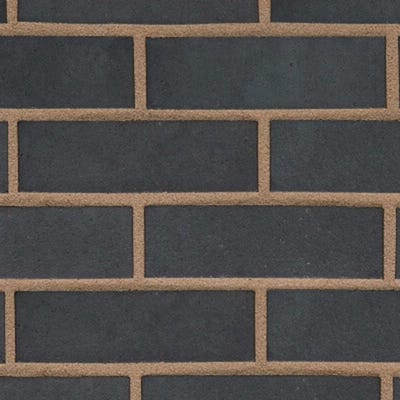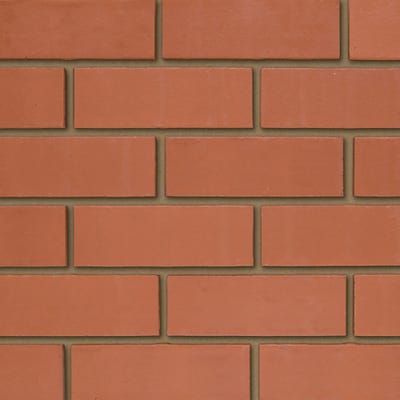Engineering Bricks
Engineering bricks are ideal for structural work where strength and water resistance are key, making them perfect for groundworks, retaining walls, and damp-proof courses. At Builder Depot, we stock a wide selection of Class B engineering bricks from trusted brands like ET Clay and Wienerberger. Choose from blue engineering bricks or classic red, available in various shapes to suit your project. You can shop online and order straight to site, making it quick and convenient to get the bricks you need. Want to be sure you're making the right choice? Order samples of selected products or visit us in-store for expert advice.
Read More Read LessWhat are engineering bricks used for?
Due to their physical properties, engineering bricks can be used above or below the DPC level for heavy-duty use. They are especially favoured when strength, frost, and water resistance are important.
Despite this, engineering bricks are not visually attractive, and usually only come in blue and red colours. (Grey engineering bricks are also an option, but less common.) This leads them to be used as construction bricks in areas where they will be covered and unseen.
What are Class B engineering bricks used for?
Class B engineering bricks are the most commonly used. They absorb less than 7% of water and have a compressive strength of 75N/mm² or greater, with an S2 active soluble salts content. This type of brick can be used for groundwork, retaining walls, building foundations, structural support, and more. They are widely available in a red colour.
What are Class A engineering bricks used for?
Class A engineering bricks are the strongest type of engineering brick and have an S2 soluble salts content, a compressive strength of 125N/mm² or greater, and absorb less than 4.5% of water, making them more frost resistant.
This makes them suitable for everything a Class B engineering brick would be used for, as well as damp proof courses, civil engineering, bridges, tunnels and more. They are usually blue in colour.
What size are engineering bricks?
Engineering bricks are the same size as standard clay bricks - 215mm in length, 102.5mm wide, and 65mm high (73mm bricks are also available). However, other sizes and special shaped engineering bricks are available.
How to cut engineering bricks
These bricks are difficult to cut due to their high strength. Therefore, it is usually recommended to use a power tool such as an angle grinder with a diamond blade, or use a hammer and bolster (but this might cause the brick to crack in the wrong places). Either way, user safety should be a priority, and PPE should be used.
What paint to use on engineering bricks?
Engineering bricks are not used for their visual qualities, and usually do not need painting as they are covered up and not seen. Due to their physical characteristics, this type of brick has poor paint adhesion. This means a suitable base coat or primer should be used prior to painting. Exterior masonry paint is designed for brickwork and is the best choice.
How much are engineering bricks?
Engineering bricks are cheaper than facing bricks as they have little to no aesthetic qualities. Class B engineering bricks are also cheaper than Class A, as they have slightly less compressive strength and higher water absorption. These bricks greatly vary in price, ranging from 50p to £6 per brick depending on type, manufacturer, and supplier. (Pricing range calculated June 2025)

